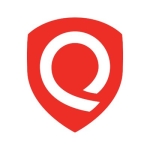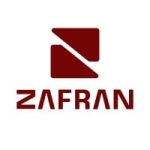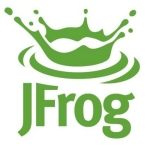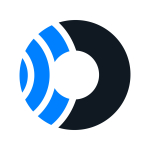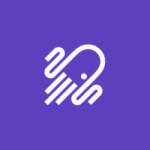We use it predominantly for vulnerability scanning and compliance scanning as part of the vulnerability and compliance protocols in one of our programs.
The ease of use is the primary valuable feature. This specific version is very straightforward. I like the ability to modify it and configure it based on the different policies.
I also like the number of plugins. It has quite a lot of plugins that keep it up to date with the different vulnerabilities coming out.
Multiple user access would be an area for improvement from a user-access perspective. A role-based access control feature would be great because at present, there is a limitation with only one account. If that account gets compromised or gets locked, then we will encounter problems.
It would be good to have a way to store filters from searches so that you don't have to recreate them from scratch every time. To be able to have them saved as a list of filters would be really useful.
It would be really useful to have a way to assess the risk of a specific vulnerability based on a number of factors which could be tailored. It could be a tailored set of factors you introduce to see a potential risk score or a different view of the CVSS score.
A lot of organizations do this manually, and some of them have some other ways of identifying or assessing the risk of vulnerabilities. It would be really useful to have a framework which allows you to create a way to assess the risk of vulnerabilities on the platform and potentially prioritize them or provide information as a report to management or to other teams for resolution.
It would be really nice to have a way to visualize the different results from the scans. For example, if you scan a Windows 2016 Server and you have a number of vulnerabilities, it would be nice to somehow show the vulnerabilities in a graphical format and potentially combine some of the outcomes into a graphical representation showing trending. Trending is quite important, especially when I speak to my senior management stakeholders and try to show the security posture and status. It would help to provide a long and wide view of where the vulnerabilities are and what kind of aging is present.
I've used it for three and a half years.
Nessus Manager is very stable; I haven't had any problems. I'd give the stability of the product a five out of five.
The product itself is not scalable by design. It is a single-user product, so it doesn't allow you to have multiple users at the same time. You have only one account. The type of product that we're using is not really meant for huge enterprises, and it's a bit more limited in terms of usage.
At present, I use the personal version for the account I'm looking after, but we probably have less than five people using this platform.
The initial setup was easy.
We implemented it ourselves. The deployment was done by one engineer, and it did not take too long.
The project in which I have been using it, it has been great because we satisfy a very crucial requirement. We have brought around vulnerability management, so it's really good ROI for what we have.
Nessus Manager is not an expensive product. It has its limitations, but the pricing reflects that.
We have a yearly subscription.
I would recommend Nessus Manager and rate it at eight on a scale from one to ten.













